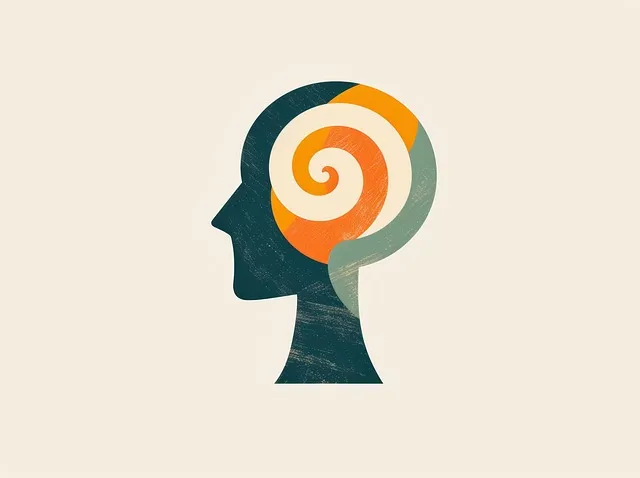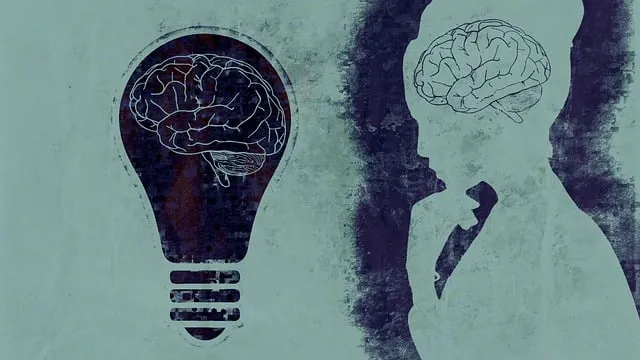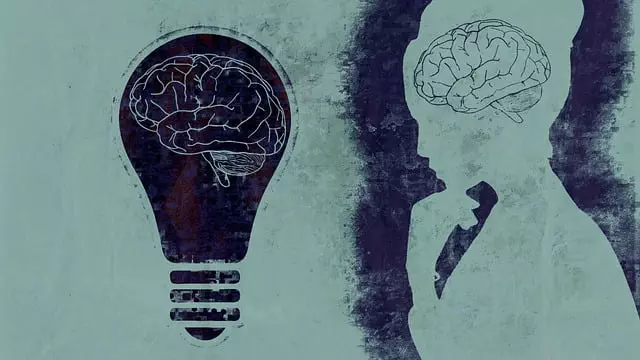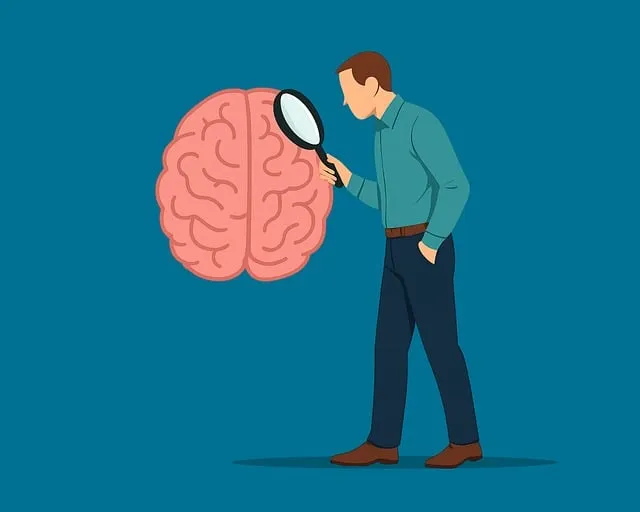Mental Wellness Group Facilitators at Louisville Kaiser Permanente play a central role in creating safe, supportive environments for individuals facing emotional challenges. They guide sessions that encourage open communication, active participation, and peer support, tailoring activities to diverse needs. This holistic approach, focused on self-esteem improvement and mental wellness, fosters trust and cultural competency among healthcare providers. Effective communication techniques, such as paraphrasing and summarizing, enhance group dynamics. Key facilitation methods include open-ended questions, round-robin discussions, and Compassion Cultivation Practices. Regular evaluations measure session effectiveness and participant outcomes, contributing to evidence-based practices within the Louisville Kaiser Permanente mental health department number.
In today’s digital era, group facilitation techniques play a pivotal role in enhancing mental wellness. This article explores the art of facilitating mental health support groups, focusing on strategies tailored to Louisville’s Kaiser Permanente Mental Health Department—a bustling hub serving thousands. From understanding the facilitator’s role to creating safe spaces, effective communication, encouraging active participation, and measuring success, these techniques are crucial for fostering a supportive environment. Discover how these practices positively impact individuals seeking mental wellness in this vibrant community.
- Understanding the Role of a Mental Wellness Group Facilitator
- Building a Safe and Supportive Environment in Louisville's Kaiser Permanente Mental Health Department
- Effective Communication Strategies for Group Facilitation
- Techniques to Encourage Active Participation and Engagement
- Measuring and Evaluating the Success of Mental Wellness Group Sessions
Understanding the Role of a Mental Wellness Group Facilitator

The role of a Mental Wellness Group Facilitator is multifaceted and pivotal in fostering supportive environments for individuals navigating emotional challenges. These facilitators serve as guides, creating safe spaces where members can openly discuss their experiences and engage in therapeutic activities. Their expertise lies in facilitating meaningful conversations, encouraging active participation, and promoting peer support.
In the context of Louisville Kaiser Permanente’s mental health department, facilitators play a crucial role in implementing and enhancing programs aimed at inner strength development and emotional healing processes. They are adept at tailoring sessions to meet diverse needs, ensuring that each participant feels heard and supported. Through skilled facilitation, these professionals contribute to the Mental Health Policy Analysis and Advocacy efforts, promoting comprehensive mental wellness initiatives within the community.
Building a Safe and Supportive Environment in Louisville's Kaiser Permanente Mental Health Department

In Louisville’s Kaiser Permanente Mental Health Department, creating a safe and supportive environment is paramount to effective group facilitation. This involves cultivating a space where individuals feel accepted, respected, and understood, fostering open communication and building trust among peers. The department prioritizes cultural competency training for healthcare providers, ensuring they can address diverse needs and perspectives within the group setting. By promoting self-esteem improvement through interactive discussions and activities, facilitators encourage participants to share their experiences and support one another. This holistic approach not only enhances mental wellness but also strengthens the bond among group members, creating a nurturing atmosphere where everyone can thrive. The number of individuals benefiting from these sessions has significantly increased, reflecting the department’s commitment to making a positive impact in Louisville.
Effective Communication Strategies for Group Facilitation

Effective Communication is a cornerstone of successful group facilitation, especially within the context of Louisville Kaiser Permanente’s mental health department services. Facilitators play a pivotal role in creating a safe and supportive environment where every participant feels heard and valued. This involves employing active listening skills to ensure understanding and empathy. By paraphrasing, summarizing, and asking clarifying questions, facilitators demonstrate genuine engagement with each individual’s experiences and perspectives.
Moreover, cultivating compassion within the group dynamic is enhanced through open and transparent communication. Encouraging honest expression while maintaining a non-judgmental attitude fosters trust and encourages members to share their stories and insights. This not only enriches the mental wellness podcast series production but also facilitates deeper connections among participants, ultimately bolstering the overall therapeutic experience.
Techniques to Encourage Active Participation and Engagement

In facilitating mental wellness groups under the Louisville Kaiser Permanente mental health department number, one of the key aspects to focus on is active participation and engagement. Techniques such as open-ended questions and round-robin discussions can encourage members to share their experiences and insights, fostering a sense of community and mutual support. Facilitators should also incorporate Compassion Cultivation Practices, like mindful listening and empathy training, to create a safe space where individuals feel comfortable expressing their thoughts and feelings openly.
Additionally, integrating activities that promote self-care and Mood Management strategies can enhance group dynamics. For instance, guided meditations or stress-reduction exercises can help members manage anxiety and improve overall mental well-being. Moreover, addressing burnout prevention through regular check-ins and setting realistic expectations can ensure the group remains a positive and sustaining environment for all participants.
Measuring and Evaluating the Success of Mental Wellness Group Sessions

Evaluating the effectiveness of mental wellness group sessions is a crucial step in ensuring positive outcomes for participants. The success of these groups can be measured using various qualitative and quantitative methods, providing valuable insights into their impact. One approach involves tracking participant attendance and engagement over time, as consistent participation indicates a commitment to emotional healing processes. Regular feedback from group members through surveys or focus groups offers firsthand accounts of their experiences and perceived benefits.
Additionally, measuring the overall satisfaction level of participants with the group’s structure, content, and facilitators can reveal the quality of mental health education programs design. By comparing pre-and post-session assessments, facilitators at Louisville Kaiser Permanente’s mental health department (a renowned number in healthcare) can gauge improvements in symptoms, mood, and overall well-being. These evaluations not only help refine group facilitation techniques but also contribute to the evidence-based practice of Mind Over Matter principles, fostering a supportive environment for emotional healing.
Mental wellness group facilitation plays a pivotal role in fostering community and support within the Louisville Kaiser Permanente mental health department, serving a growing number of individuals seeking assistance. By implementing effective communication strategies and creating a safe space for active participation, facilitators can significantly enhance the success of these sessions. This article has explored key techniques to navigate this crucial role, from understanding the facilitator’s responsibilities to measuring the impact of group therapy. Embracing these practices ensures that Louisville Kaiser Permanente continues to offer valuable resources for mental wellness, empowering individuals to thrive and navigate life’s challenges together.






